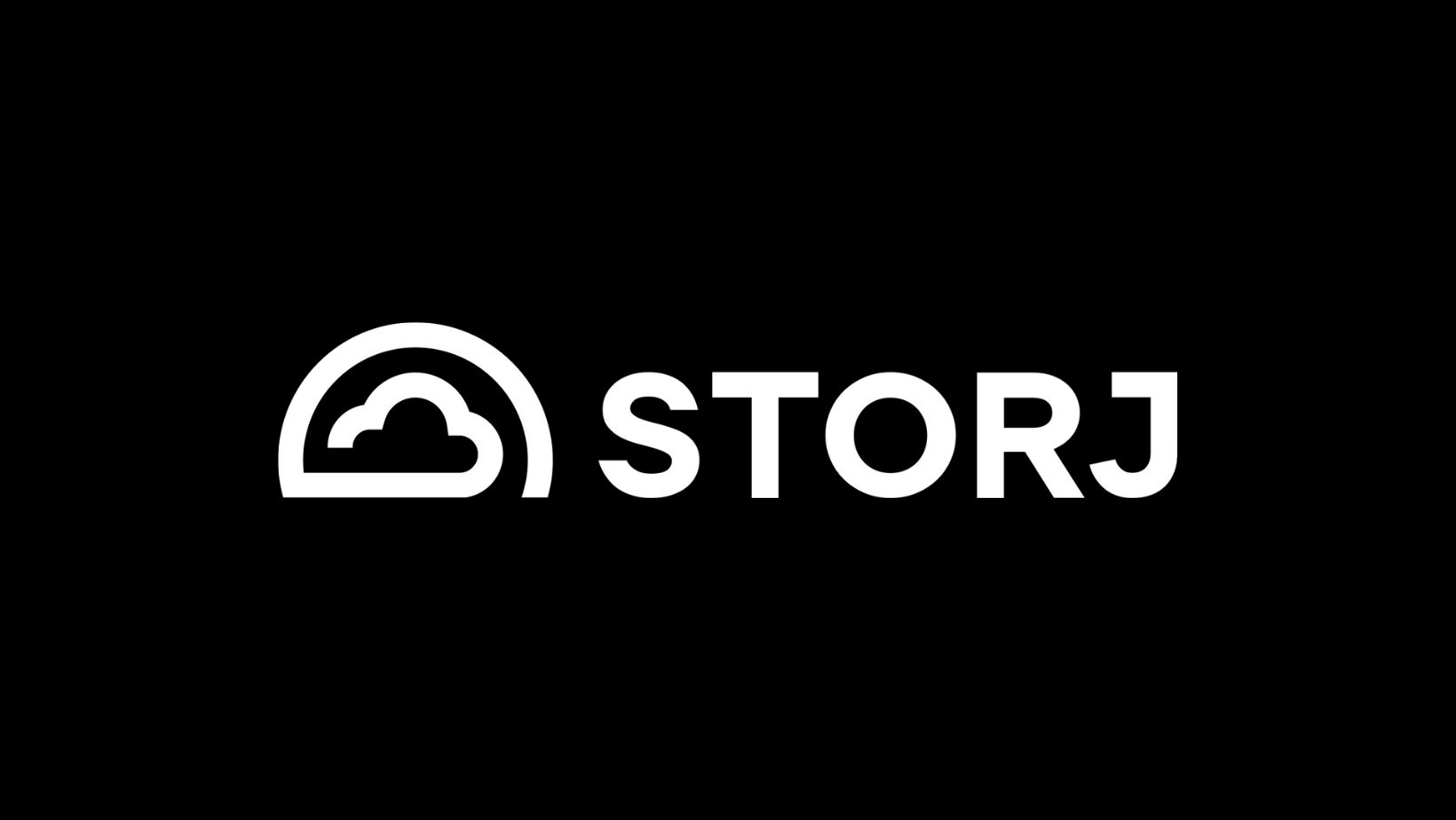
In an era where data storage and security are top priorities, decentralized cloud storage solutions like Storj have emerged as an alternative to traditional cloud storage providers such as Amazon S3, Google Cloud, and Microsoft Azure. Storj is a blockchain-based, peer-to-peer distributed cloud storage platform designed to offer security, privacy, and cost efficiency by utilizing unused storage space from a global network of users.
How Storj Works
Storj leverages blockchain technology and encryption to store data across a distributed network. Instead of storing files in centralized data centers, Storj breaks them into smaller encrypted pieces and distributes them across multiple nodes worldwide. Here’s a step-by-step breakdown of how Storj functions:
1. File Encryption and Sharding
When a user uploads a file to the Storj network, the file is first encrypted using advanced cryptographic techniques. This ensures that only the owner can access and decrypt the file.
Next, the encrypted file is split into smaller fragments called “shards” using a process known as erasure coding. These shards are then distributed across multiple independent storage nodes within the network.
2. Distributed Storage
Each shard is stored on different nodes in a decentralized manner. Because these nodes are run by independent users who provide their unused storage space, Storj eliminates reliance on a single point of failure, making it more resilient to outages and cyberattacks.
3. Redundancy and Availability
To ensure high availability and data durability, Storj creates redundant copies of each shard and distributes them across geographically dispersed nodes. Even if some nodes go offline, the system can still reconstruct the original file using the remaining shards.
4. Retrieval and Reassembly
When a user wants to download their file, Storj locates and retrieves the necessary shards, reassembles them, and decrypts the data before delivering it back to the user. Since the data is encrypted at rest and in transit, security and privacy are maintained throughout the process.
Benefits of Storj
- Enhanced Privacy and Security: Because files are encrypted before leaving the user’s device, neither Storj nor storage node operators can access user data.
- Cost Efficiency: Storj reduces costs by leveraging unused storage from global participants, eliminating the need for expensive data centers.
- Decentralization: No single entity controls the data, making it resistant to censorship and hacking attempts.
- Scalability: With thousands of nodes contributing storage, the network can scale dynamically to meet demand without requiring massive infrastructure investments.
Conclusion
Storj represents a paradigm shift in cloud storage, offering a decentralized, secure, and cost-effective alternative to traditional providers. By utilizing blockchain technology, encryption, and peer-to-peer networking, Storj ensures that users maintain control over their data while benefiting from enhanced security and reduced costs. As the demand for privacy-focused cloud storage solutions grows, platforms like Storj are poised to play a critical role in the future of data storage.
